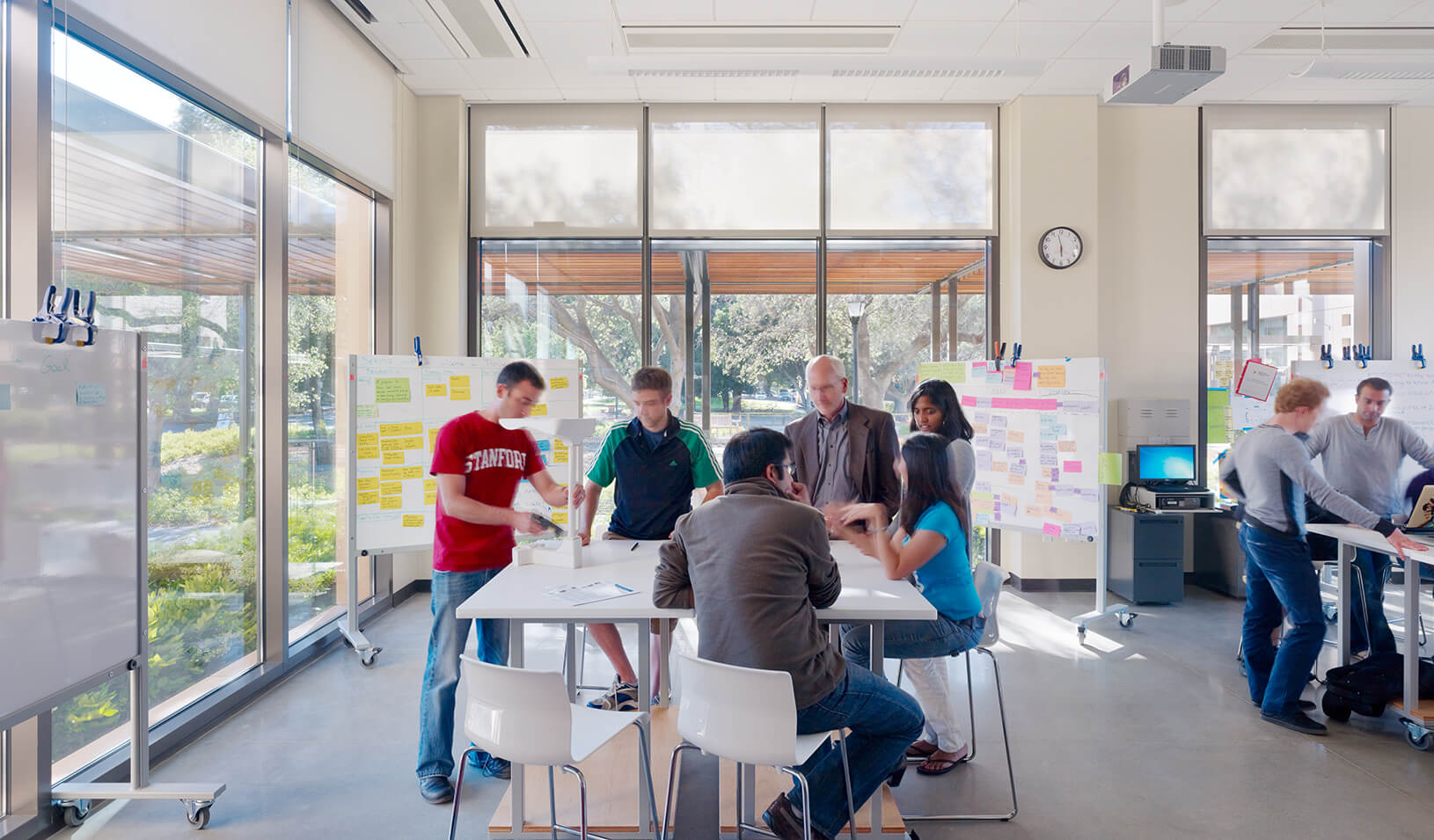
Although China’s economy has faced turbulence in the past several months, one of China’s top businessmen is unperturbed.
“When people worry, I’m happy. When people are too happy, I start to worry,” says Jack Ma, executive chairman of Alibaba Group. “Every time the West worries about China, China goes up. And every time people in the West think, ‘Wow, China has a good future,’ China has a problem.”
Ma Tweet
" In America, ecommerce is dessert. In China, it is the main course." -Jack Ma #GSBencore @AlibabaGroup @StanfordBiz http://t.co/lgxi28ZGVq
— Alli McKee (@learnglyph) September 25, 2015
Considering the state of Alibaba Group, the company Ma founded in 1999, it’s not hard to see how Ma’s optimism remains intact. Last year, the company debuted the largest IPO in the world, at $25 billion. Ten million businesses use Alibaba’s e-commerce products to reach 367 million buyers and deliver an average of 30 million packages per day.
Sensational numbers like these made Alibaba Group an easy choice to become the 38th recipient — and the first international winner — of the ENCORE Award, recognition by Stanford Graduate School of Business of the most entrepreneurial company of the year. In accepting the award, Ma shared his thoughts about a range of cultural, economic, and technological inflection points that distinguish the world’s largest economy and its most successful company.
China’s Third Engine
Ma suggests that it’s unreasonable to expect that China’s economy would continue to grow between 10–15% indefinitely. It’s like a human body, he says. “You cannot keep growing at the same pace. You have to keep growing your quality — the brain, not the body.”
The right people to see China through these economic growing pains are entrepreneurs, he says.
For the past 30 years, there were three engines responsible for driving China’s economy: investments in infrastructure, exports, and domestic consumption. The government was historically very good at controlling the first two, but as those slow down, businesses need to take the opportunity to control the third. “Consumption is determined by entrepreneurship and market economy,” he says. “Now it’s our turn.”
Encouraging more consumption is a different challenge in China than America. “When Americans think about economies slowing down, that means people don’t have money to spend,” he says. “You guys know how to spend tomorrow’s money, or other people’s money. But we Chinese, our habit is to save money. We always keep money in the banks. China has been poor for so many years, so we worry. When we have money, we put it in the bank, because we know tough days are coming. So you see, China has the largest banking deposit in the world.”
Still, Ma says consumption is healthily and aggressively on the rise in China. “My grandmother has only one shirt in her wardrobe. My mother has three. My daughter’s generation, 50. And 48% of them she never wears. This is called domestic consumption. We have to build up this kind of behavior and make people start to spend money. This is something that the government is not good at. [Entrepreneurs] know how to make this happen.”
China’s Global Appetite
“In the past 20 years, globalization is more like Americanization — helping big companies go global,” Ma says. The story of the next 30 years will be small companies reaching the world through the internet. That means big opportunity for the 10 million small businesses that use Alibaba’s services, but also for companies looking to tap into China’s massive market. In the next decade, he says, there will be half a billion middle-class people in China looking for high-quality products and services beyond the capacity of China’s resources. So while China has spent the past few decades selling, in the next coming decades, its appetite will turn to buying from the world.
Focusing Young
As far back as 2003, Ma says, Alibaba’s strategy was to ignore the government officials who didn’t use Alibaba’s services, and instead focus on their families, who did. “In ancient China, if you make the parents agree, the kids agree,” he says. “Today is different. If you convince the kids, you change the parents. So we focused on the young people.”
Gender Equity Advantage
“We love small businesses, we love young people, and we love women,” Ma says. For proof, Ma points to the number of women who work at Alibaba — numbers that put most American tech giants to shame. Ma says that women comprise 52% of the total workforce, 33% of management, and 24% of the senior management team. It’s a strategic advantage in a new era, he says. “Last century was a competition of muscle. This century is a competition of the brain.”
Philanthropy Through a Business Lens
Philanthropy is both a challenge and a responsibility, Ma says. “When you have one billion dollars, remember that is not your money. That is the people’s expectations on you. People put their hope on you because people believe you can manage these money resources better. So I thought, how can I spend the money better?”
His answer is to approach philanthropy in the same fashion that he built a business: Focus on the infrastructure. To that end, he is helping to establish educational programs at Peking University to train students to better manage social enterprises, and is working with the government to develop policy programs to properly support philanthropy.
“Spending money is more difficult than making money, especially for philanthropy,” Ma says. “When you have a good heart, you should also have good knowledge and good capability to spend the money. Otherwise you are doing a good thing with a good heart in a terrible way.”



